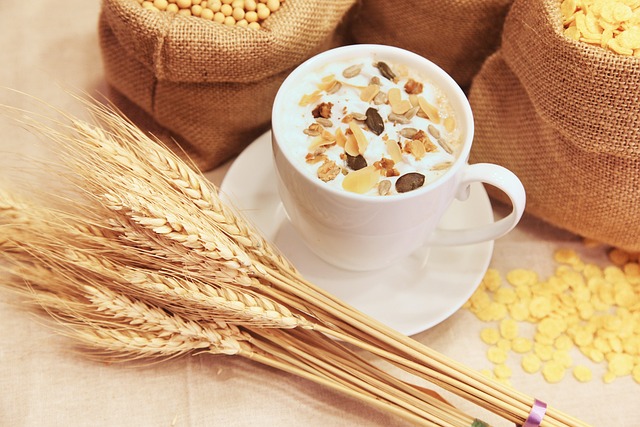Say Goodbye to Bloating: Probiotics for Digestive Health
Bloating. It’s an uncomfortable feeling that many of us have experienced at some point in our lives. Whether it’s after a big meal or as a recurring issue, bloating can make us feel sluggish and self-conscious. But fear not, because there’s a natural solution that can help alleviate bloating and promote digestive health – probiotics!
What are Probiotics?
Probiotics are live microorganisms that provide a wide range of health benefits when consumed in adequate amounts. These beneficial bacteria can be found naturally in certain foods and supplements. By introducing them into your gut, they help restore the balance of your gut flora, which is essential for optimal digestion.
How Do Probiotics Help with Bloating?
Bloating occurs when there’s an imbalance in the gut flora, leading to excessive gas production and poor digestion. Probiotics help restore this balance by promoting the growth of good bacteria and suppressing the growth of harmful bacteria.
When the good bacteria in your gut are thriving, they can break down carbohydrates and fiber that your body struggles to digest on its own. This breakdown process produces less gas, reducing the likelihood of bloating.
The Benefits of Probiotics
Probiotics not only aid in reducing bloating but offer a myriad of other benefits for digestive health. Here are some key advantages:
Improved Digestion
Probiotics can enhance the digestion of food, allowing your body to absorb nutrients more effectively. This can alleviate common digestive issues such as constipation, diarrhea, and acid reflux.
Boosted Immune System
A significant portion of our immune system resides in our gut. By improving gut health with probiotics, you can strengthen your immune system, making it more resilient to infections and diseases.
Reduced Inflammation
Chronic inflammation in the gut can lead to various health problems. Probiotics help reduce gut inflammation by restoring the balance of bacteria in your digestive system. This can potentially alleviate conditions like irritable bowel syndrome (IBS) and inflammatory bowel disease (IBD).
Mental Health Support
Research suggests a strong connection between the gut and the brain, often referred to as the gut-brain axis. Probiotics can influence brain function and potentially improve mood and mental health conditions such as depression, anxiety, and stress.
Best Sources of Probiotics
While probiotic supplements are widely available, you can also obtain these friendly bacteria through various natural food sources, including:
Yogurt
Yogurt is perhaps the most well-known source of probiotics. Look for plain, unsweetened yogurt with live bacteria cultures, such as Lactobacillus or Bifidobacterium.
Kefir
Kefir is a fermented milk drink that contains a diverse array of probiotics. It can be a great alternative to yogurt for those who are lactose intolerant as it typically has lower lactose levels.
Sauerkraut
Sauerkraut is made from fermented cabbage and is an excellent source of probiotics. However, ensure you choose the unpasteurized variety, as pasteurization kills the beneficial bacteria.
Kombucha
Kombucha is a fermented tea that contains probiotics and other beneficial compounds. It’s becoming increasingly popular as a refreshing and probiotic-rich beverage option.
Kimchi
Kimchi is a spicy Korean side dish made from fermented vegetables, usually cabbage and radishes. It’s not only rich in probiotics but also packed with vitamins, minerals, and antioxidants.
Conclusion
Probiotics offer a natural and effective solution for bloating and digestive health. By incorporating probiotic-rich foods or taking high-quality supplements into your daily routine, you can restore the balance of your gut







